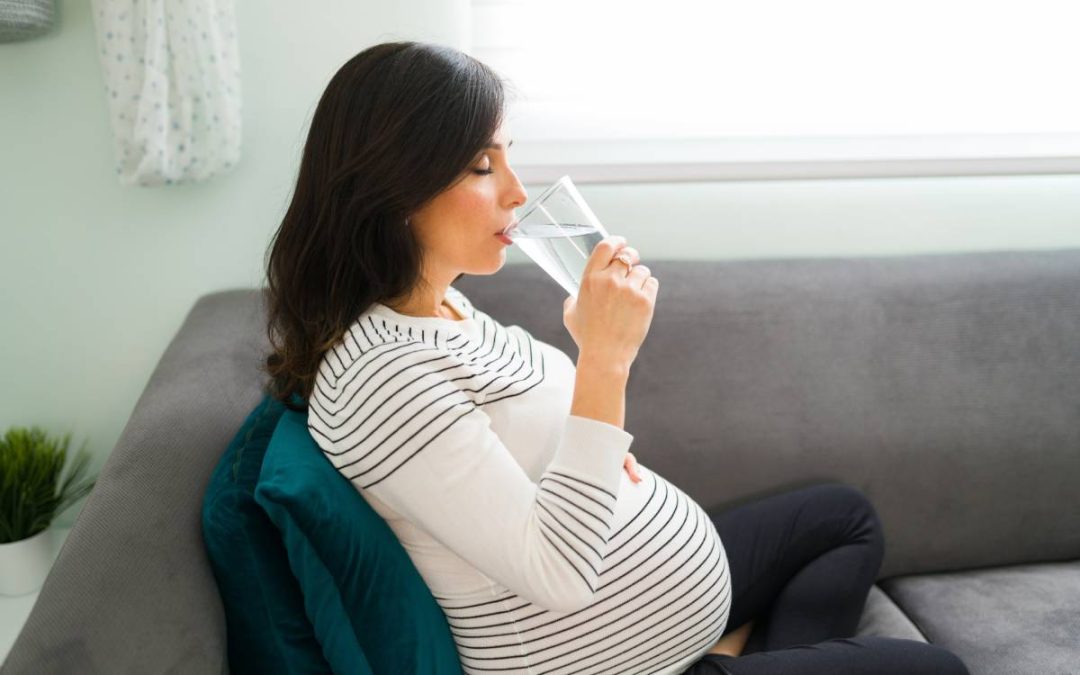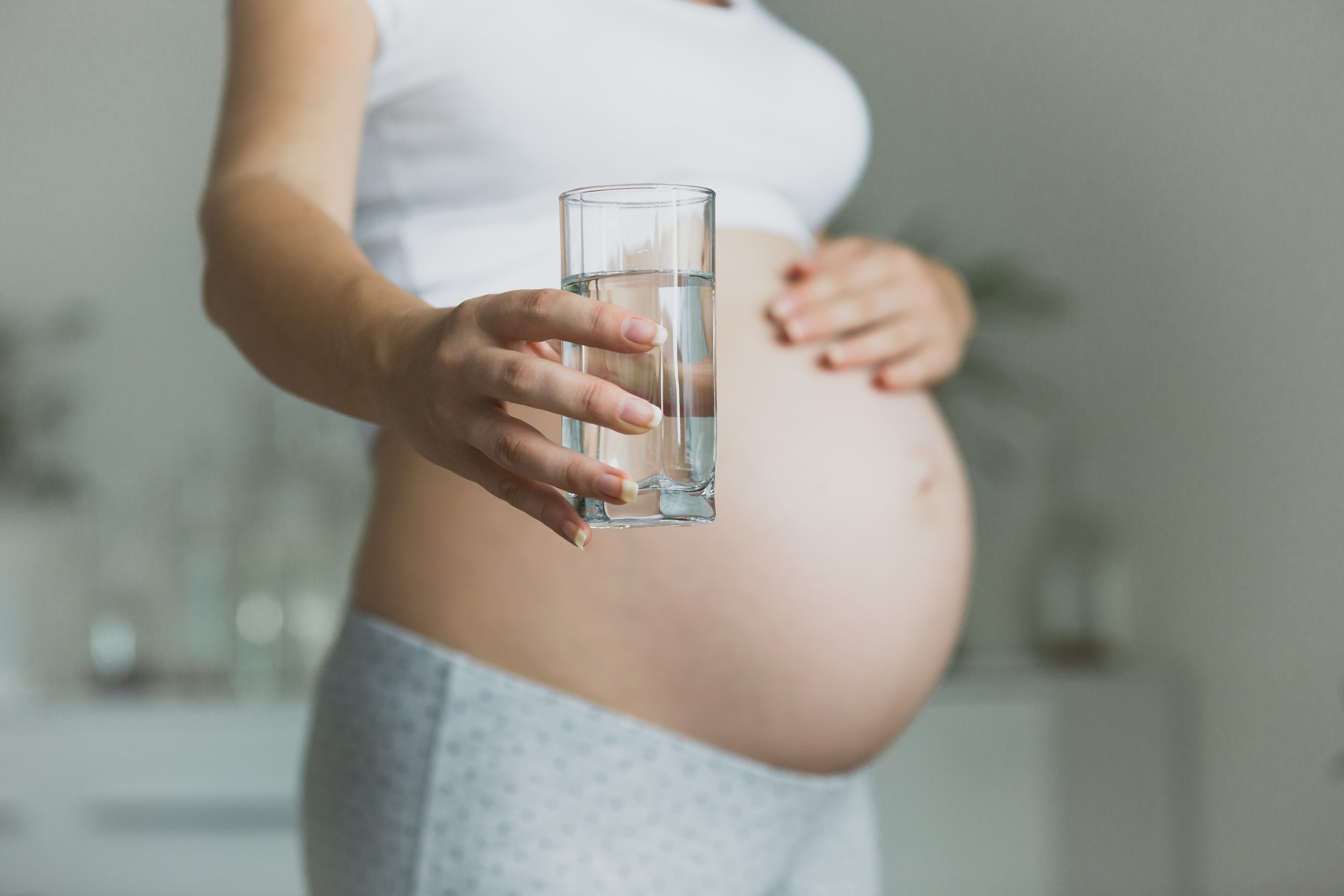My Cart(0)
The Importance of Hydration During Pregnancy

Introduction
Pregnancy is a beautiful journey filled with anticipation, wonder, and a multitude of changes for both mom and baby. Among the many factors crucial for a healthy pregnancy, hydration stands out as one of the most essential yet often overlooked aspects. In this comprehensive guide, we'll delve into the importance of staying hydrated during pregnancy, exploring insights from medical experts and research studies to highlight the benefits for both mom and baby.

Understanding the Role of Hydration
Hydration plays a vital role in supporting the physiological processes of pregnancy, from promoting fetal development to aiding maternal health. According to Intermountain Healthcare, staying hydrated during pregnancy helps maintain amniotic fluid levels, which serve as a protective cushion for the baby and facilitate fetal growth and movement. Additionally, adequate hydration supports the expansion of maternal blood volume, which is essential for delivering oxygen and nutrients to the developing fetus.
The Impact on Maternal Health
WebMD emphasizes the importance of water intake during pregnancy for maternal health. Proper hydration helps prevent common pregnancy-related issues such as constipation, urinary tract infections (UTIs), and dehydration. Additionally, staying hydrated can alleviate symptoms of nausea and fatigue, providing expectant mothers with much-needed comfort and relief during this transformative time. By prioritizing hydration, pregnant women can support their overall well-being and optimize their pregnancy experience.
Hydration and Labor Outcomes
Research published in the National Center for Biotechnology Information (NCBI) highlights the impact of fluid intake on labor outcomes. Increased fluid intake during pregnancy has been associated with improved maternal hydration levels, which may enhance the body's ability to tolerate blood loss during delivery. Adequate hydration during labor can also help prevent maternal dehydration and contribute to better overall birth experiences for both mom and baby. By prioritizing hydration throughout pregnancy, women can potentially reduce the risk of complications during childbirth.
Tips for Staying Hydrated During Pregnancy
Now that we understand the significance of hydration during pregnancy let's explore practical tips for ensuring adequate fluid intake:
-
Drink Plenty of Water: Water should be the primary source of hydration during pregnancy. Aim to drink at least eight to ten glasses of water per day, or more if you're physically active or experiencing hot weather.
-
Incorporate Hydrating Foods: In addition to drinking water, consume foods with high water content, such as fruits (e.g., watermelon, oranges) and vegetables (e.g., cucumbers, tomatoes). These foods not only provide hydration but also essential vitamins and minerals for a healthy pregnancy.
-
Avoid Excessive Caffeine: While moderate caffeine consumption is generally considered safe during pregnancy, excessive intake can lead to dehydration. Limit caffeinated beverages and opt for decaffeinated options or herbal teas instead.
-
Listen to Your Body: Pay attention to your body's thirst cues and drink water whenever you feel thirsty. Additionally, monitor the color of your urine; pale yellow urine indicates proper hydration, while darker urine may signal dehydration.
-
Carry a Water Bottle: Keep a reusable water bottle with you at all times, whether you're at home, work, or running errands. Having easy access to water encourages consistent hydration throughout the day.
-
Set Reminders: Use smartphone apps or alarms to remind yourself to drink water regularly, especially if you tend to forget amidst the busyness of daily life.

Conclusion
Hydration is a fundamental aspect of a healthy pregnancy, benefiting both expectant mothers and their babies. By prioritizing adequate fluid intake, pregnant women can support fetal development, maintain maternal health, and potentially improve labor outcomes. Remember to drink plenty of water, incorporate hydrating foods into your diet, and listen to your body's thirst signals. By making hydration a priority throughout your pregnancy journey, you're taking proactive steps to nurture both yourself and your baby, setting the foundation for a healthy and fulfilling pregnancy experience.
unsubscribe at any time without costs.










